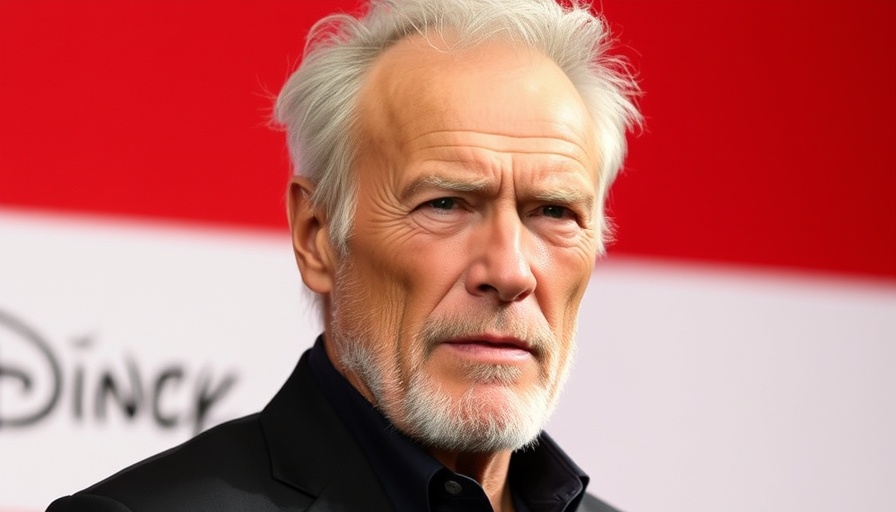
Austrian Newspaper's Controversy Over Clint Eastwood Interview
The Italian-American actor Clint Eastwood once ignited discussions on Hollywood's future with a powerful blend of nostalgia and critique. However, a recent incident has shed light on journalistic integrity and the challenges of modern-day media. An Austrian newspaper, Kurier, faced backlash after publishing what was claimed to be an exclusive interview with Eastwood. This so-called scoop quickly turned into a scandal when the actor himself declared the interview "entirely phoney."
Understanding the Missteps in Journalism
Kurier's report featured quotes from Eastwood regarding the declining originality in Hollywood, suggesting his longing for an era filled with original screenwriting. Many were eager to read his candid thoughts as they were shared around the globe. However, the newspaper later revealed that these quotes were repackaged from previous appearances at round-table discussions, misrepresenting them as a fresh exclusive. This incident not only highlights the potential pitfalls of journalism but poses a crucial question: how transparent should media outlets be when reporting? In the face of increasing competition for attention, is the pressure on journalists leading them to cut corners?
The Impact of Digital Media on Journalism
Digital nomads, particularly those interested in the cultural and historical aspects of various locales, may find this situation enlightening. The journalist at the center of the debacle, Elisabeth Sereda, was known for her extensive coverage of Hollywood, often interviewing significant figures. The underlying issue seems reflective of broader trends where media outlets are vying for exclusives in an ever-increasing digital landscape, creating scenarios where the pressure for content can overshadow ethical reporting.
Lessons for Journalists and Readers Alike
Not only does this incident prompt reflection among journalists about the editorial standards that must be upheld, but it also encourages readers to approach sensational headlines with a critical eye. In an age where 'clickbait' articles often dominate online spaces, understanding the origin of information becomes indispensable for discerning consumers.
The Role of Public Figures in Media Integrity
Eastwood's decisive response adds another layer to this conversation. By directly addressing the matter and affirming his lack of engagement in the interview, he set an important precedent for public figures. This highlights the responsibility of celebrities not only in promoting their projects but also in maintaining factual integrity within media realms. Eastwood's insistence on factual accuracy also signals to audiences that authenticity matters, especially when discussing topics as important as creative expression in the arts.
Looking Ahead: The Future of Media and Public Trust
The scandal surrounding the Kurier interview serves as a bellwether – a reminder that the intersection of media, culture, and ethics is a vital space for future discourse. As digital nomads travel across cultures and share diverse stories, it's essential they remain aware of such issues in journalism. They should advocate for transparency in the media they consume and contribute to a culture of authenticity in their storytelling. Conducting thorough research can reinforce their narratives, promoting a deeper respect for the cultural fabric of the places they explore.
Final Thoughts: A Call for Authentic Storytelling
As conversations around media integrity continue, engaging with reports like these can empower audiences to demand higher standards from their media sources. Being informed and involved can help restore trust within journalistic practices, ensuring that storytellers represent truth over sensationalism. As digital nomads engage with different cultures, let them also recognize their potential influence in advocating for sincere journalism.
 Add Row
Add Row  Add
Add 




Write A Comment